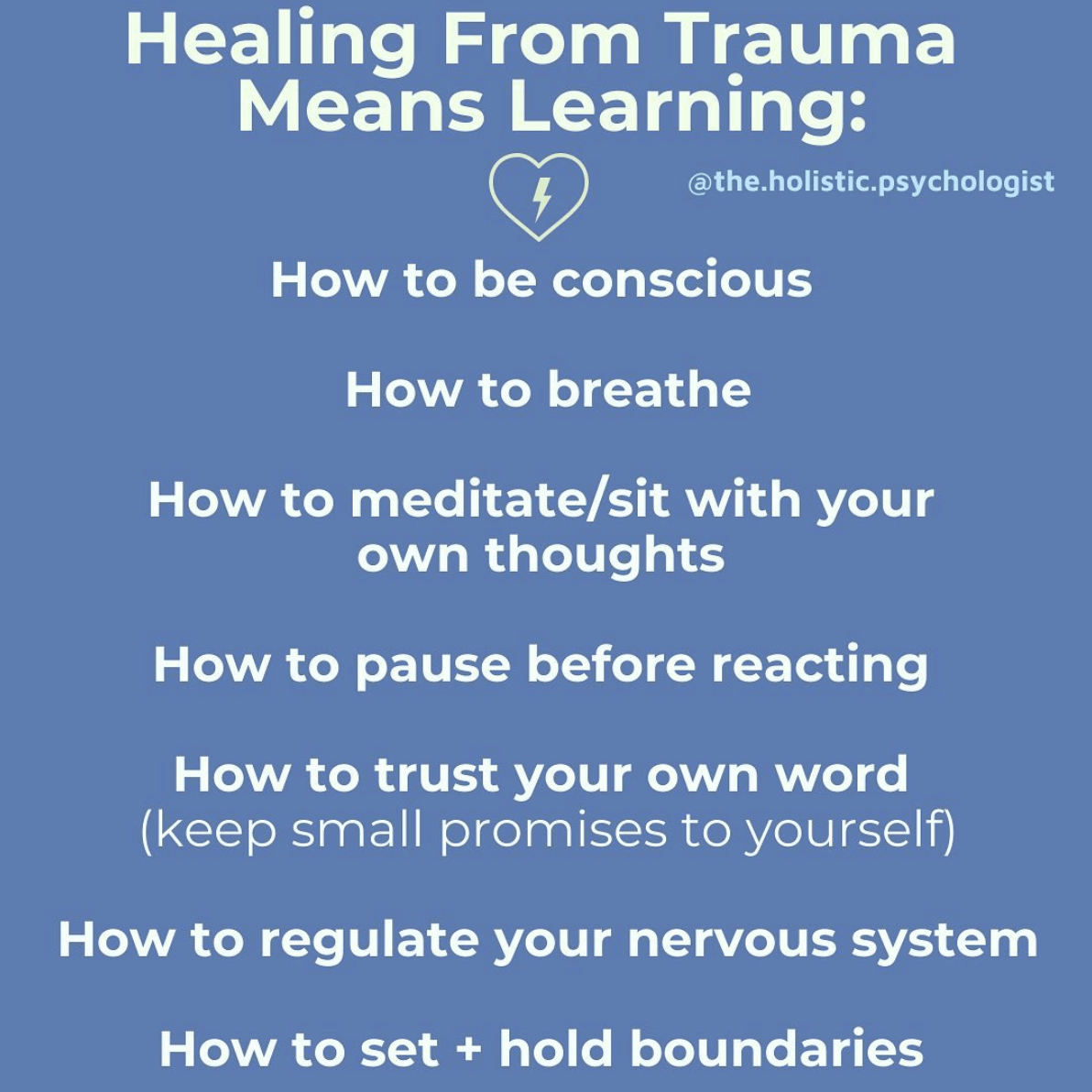Trauma Treatment
"Trauma isn't what happened to you. It's about what happened inside you as a result of what happened. We can't control what happened, but the wound inside we can heal anytime." Dr. Gabor Mate
Understanding Truama Through the Nervous System
In simple terms, trauma is a wound to the nervous system. It occurs when an experience overwhelms our capacity to cope—when something feels too much, too fast, or too soon for the body and mind to process safely.
Trauma is not defined solely by the event itself, but rather by the body’s reaction to that event. Two people may live through the same situation, but their nervous systems may respond differently based on many factors, including history, support, and resilience.
You're Not Broken—You're Healing
When we go through trauma—especially when we don’t feel supported, safe, or seen—our bodies and nervous systems can get stuck in survival mode. We carry feelings like guilt and shame, even when what happened wasn’t our fault. Over time, we can start to believe things about ourselves that just aren’t true—but feel incredibly real.
You might notice yourself feeling:
- Out of control, like bad things are always your fault or you can’t trust yourself.
- Unworthy or unlovable, like you don’t deserve care or connection.
- Like you don’t belong, or that your needs don’t matter.
- Tense or unsafe, always bracing for something to go wrong, even when things are calm.
- Unseen or unappreciated, often putting others first and getting stuck in people-pleasing.
- Disconnected from your sexuality or spirituality, unsure how to feel safe or whole in those parts of you.
These beliefs and feelings are not who you truly are. They’re the stories and body responses your system created to help you survive. And they make so much sense, given what you’ve been through.
Healing Is Remembering Your Wholeness
Through healing—especially in safe, supportive spaces—you can begin to gently untangle these old stories. You don’t have to stay stuck in survival mode forever. As your nervous system starts to feel safer, you can come home to parts of yourself that may have been quiet, hidden, or frozen for a long time.
You might start to feel:
- A deeper sense of safety in your body and relationships
- Belonging—to yourself, to others, to the world
- The ability to ask for support, and receive it
- A renewed sense of personal power and freedom
- The strength to take responsibility without shame
- A genuine appreciation for your needs, your voice, your presence
- A deeper connection to your sexuality and spirituality, in your own way
Healing Through Compassionate Presence
When tenderness, care, and compassion are brought to the parts of you that endured painful experiences, true healing becomes possible. The beliefs and narratives that once helped you survive—though they may feel true in the present—are often echoes from an earlier time. These thoughts once served to protect you, but they may now limit your sense of safety, connection, and vitality.
In therapy, these experiences can be acknowledged with compassion and gently placed in the past, where they belong. As your internal system is updated to reflect your current reality, a greater sense of presence becomes available to you—here, now.
With this shift, you may find yourself sleeping more peacefully, responding to stress with greater resilience, and feeling less reactive to life’s challenges.
Healing isn't about erasing the past; it’s about reclaiming your ability to live fully in the present.
More Healing--After therapy you may begin to:
- Allow yourself to:
- experience emotions safely
- receive comfort in grounding practices
- increased distress tolerance
- Confident, kind, clear boundary setting
- Develop a positive relationship with and be a compassionate ally to the part of yourself that experienced the trauma
- Explore healthy intimacy, vulnerability and sexuality
- Feel empowered in relationships; allow yourself to have needs and communicate effective boundaries
- Feeling more positively connected to your body
- Forgiveness for yourself and others
- Grieve
- Have increased compassion for yourself and others
- Learn how childhood experiences may have led to limiting beliefs
- Learn more about your nervous system and how the pain of your experience was trapped in your body
- Let go of feelings of being responsible for what happened to you
- Make meaning of your experiences and embrace the strategies that helped you cope
- Release tension where trauma may be held in your body
- Sleep better or feel more rested
- Understand, express, and release difficult emotions such as shame guilt and anger
Trauma Treatment Modalities
My work draws on several trauma informed "bottom up" modalities such as:
- Accelerated Resolution Therapy
- Attachment Theory
- Polyvagal Theory
- Hakomi Mindfulness Based Somatic Therapy
- EMDR: Eye Movement Desensitization and Reprocessing
- Internal Family Systems
- Emotion Focused Individual Therapy
🌀 Gentle Reminder
Healing is not a checklist or a race. It's a remembering—a slow and courageous return to yourself. Even small shifts matter. Even the desire to heal is part of the healing.





